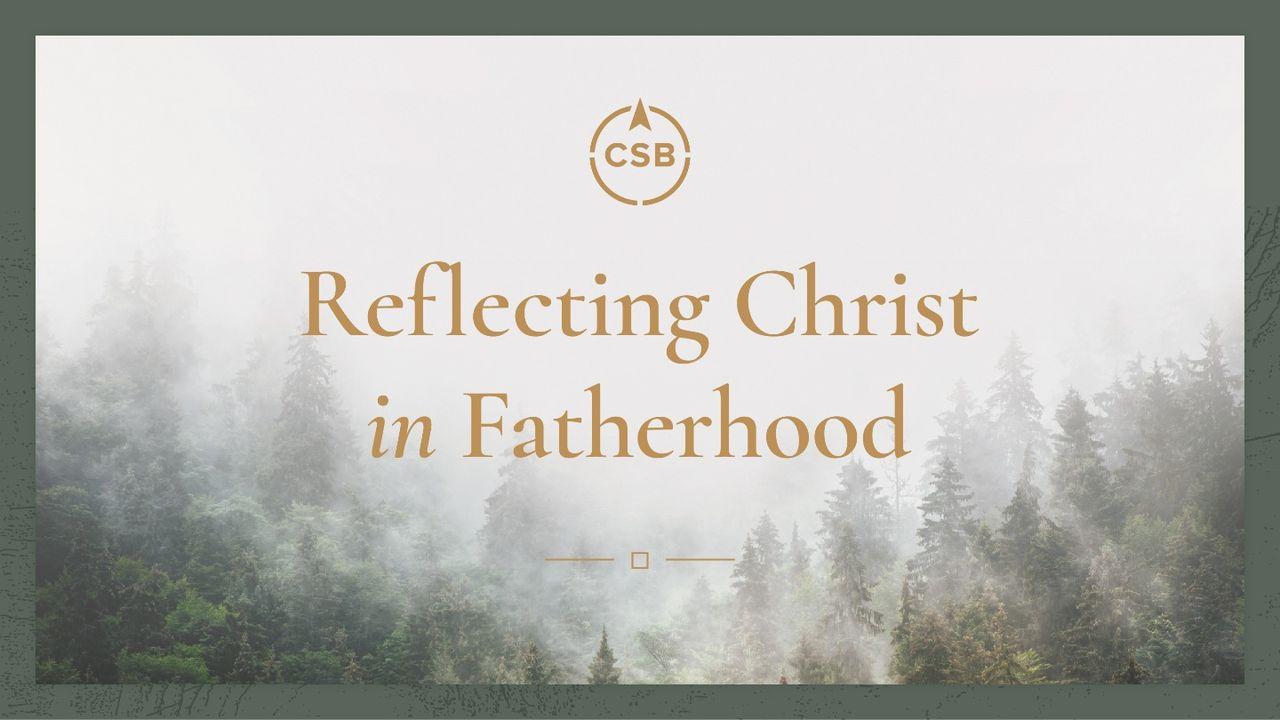Reflecting Christ in Fatherhoodគំរូ

As Christian fathers, we should be prepared to combat favoritism, as that can cause dysfunction:
Dysfunctional families can create more dysfunctional families—often for generations. How true this was in Abraham’s offspring! Isaac favored Esau, and Rebekah favored Jacob (Gn 25:28). In turn, Jacob “loved Joseph more than his other sons” (37:3). Jacob made Joseph “a long-sleeved robe,” richly ornamented and beautifully tailored (37:3). When his brothers saw Joseph in this robe, it reminded them of the contrast between themselves and Joseph. There’s no question that Jacob demonstrated his favoritism toward Joseph in a very obvious way. His actions were by no means hidden or even subtle.
As parents, we must be on guard against showing favoritism. This principle applies particularly to our late-born children. Remember that in our culture we usually have more to share with them materially than with our firstborn children. And let’s not forget that our older children have good memories. It takes a great deal of wisdom not to, on the one hand, penalize the late-born child just because he or she happens to be the youngest and, at the same time, maintain equity with the older children.
Let’s also remember that we naturally tend to show favoritism to the child or children who are the most cooperative and appreciative. This is a difficult tightrope to walk; it is not wrong to reward good behavior. But to do so without showing favoritism is a constant challenge. Your youngest child’s positive behavior may reflect the fact that you’ve learned more about being a good parent. Unfortunately, older children often reflect our own mistakes in their behavior.
អត្ថបទគម្ពីរ
អំពីគម្រោងអាននេះ

This Father’s day, we invite you to dive into Scripture that encourages you to reflect Christ in your fatherhood. This 5-day devotional explores topics including intentional communication, modeling relationships, combatting favoritism, cultivating a shepherd's heart, and demonstrating forgiveness. Growing in fatherhood is growing in Christlikeness.
More









